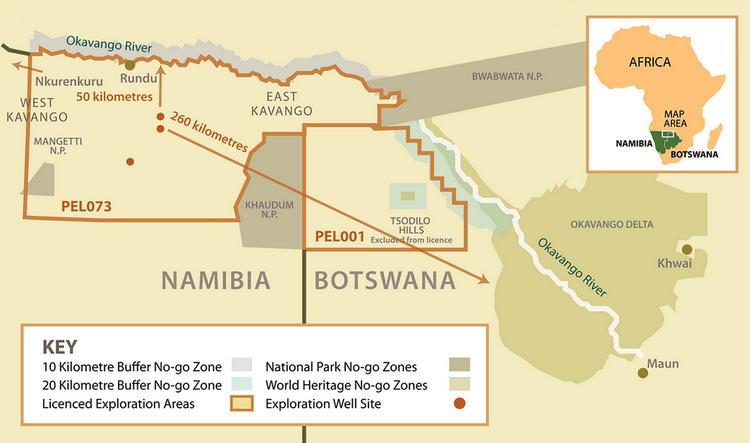Ensuring the Development of a Robust and Efficient Oil and Gas Value Chain in the MSGBC Region
Day one of the MSGBC Oil, Gas & Power 2021 Conference and Exhibition featured an opening keynote address by OPEC Secretary General, H.E. Mohammed Barkindo, who spoke on the outlook of the MSGBC Basin and the region’s potential to become a formidable competitor in the industry through the development of a robust and efficient oil and gas value chain.
Held on 16-17 December at the Centre International de Conférence Abdou Diouf, in Dakar, Senegal, and under the theme, ‘A New Wave of Investment,’ the conference focused on enhancing regional partnerships while spurring investment and development opportunities in the oil, gas, and power sectors within the MSGBC Region.
Representing one of Africa’s most esteemed oil and gas industry leaders, H.E. Barkindo discussed the critical role the continent will play in the future of the global energy sector, identifying oil market stability and the facilitation of an investment-enabling environment as crucial opportunities for African countries seeking to capitalize on their resources, reduce global emissions, alleviate energy poverty, and recover from the impacts of the Covid-19 global pandemic.
“We anticipate a bright future for Africa’s oil industry with substantial opportunities for growth. The continent is home to five of the top 30 oil-producing countries in the world and several top gas-producing nations, including Senegal. The world will continue to rely on Africa’s precious resources in the long-term in order to meet the rapidly rising global demand for oil and gas,” Barkindo stated.
H.E. Barkindo lauded the collaborative framework of the MSGBC Region’s international partnerships and its contribution towards the stability of a sustainable oil market, which has resulted in broader social and economic benefits for participating countries. Recognizing the spirit of collaboration, the Secretary General stated that the intergovernmental organization’s Declaration of Cooperation (DoC), an agreement signed between OPEC and 10 non-participating countries, is emblematic of these themes.
“OPEC full-heartedly supports the spirit of cooperation and fraternity among nations that undergirds this conference,” H.E. Barkindo said, adding, “Our statute commits us to multilateralism and cooperation with all stakeholders in the energy industry. We recognize that challenges of our age, require the international community to lift each other up and support each other.”
In 2019, Africa produced approximately 8.5 million barrels of oil per day (mb/d), roughly 9% of the global output. OPEC’s World Oil Outlook 2045 forecasts that Africa will increase its refining capacity by 1.2 mb/d by 2026 from its current level of 4 mb/d; with the continent’s long-term demand growth expected to lead to an increase in refinery throughputs by 5 mb/d by 2045, up from 2.4 mb/d in 2019.
In the downstream oil and gas sector, H.E. Barkindo stated that approximately $1.5 trillion will be spent globally between 2021 and 2045, of which $450 billion will be invested into new refinery projects and the expansion of existing units in Africa, which will increase local refined product output while reducing imports from other regions.
The development and implementation of an investment-enabling environment has been a primary objective for the DoC, with H.E. Barkindo stating that the cumulative oil-related investment requirements between 2021 and 2045 amount to $11.8 trillion, of which $9.2 trillion will be invested in the upstream, while $1.5 trillion and $1.1 trillion will be invested in the downstream and midstream, respectively.
Given the pressing need to alleviate energy poverty and recover from the impacts of the Covid-19 global pandemic, H.E. Barkindo emphasized that the environmental aspect of the Environmental Social Governance requirements tends to outweigh the need to address social and development issues in Africa, noting that, while Africa accounts for a mere 3% of global emissions, nearly 600 million people in the continent lack access to electricity and clean cooking fuels.
“As an industry, we must approach these critical issues together through dialogue and cooperation, ensuring that all voices are heard, and all viewpoints are considered. Our organization wants to work and strengthen our relations with energy stakeholders in West Africa and across the MSGBC Basin,” H.E. Barkindo concluded. “We need to work with all industry stakeholders to ensure an investment-friendly climate, one that is sustainable and works for both producers and consumers.”











